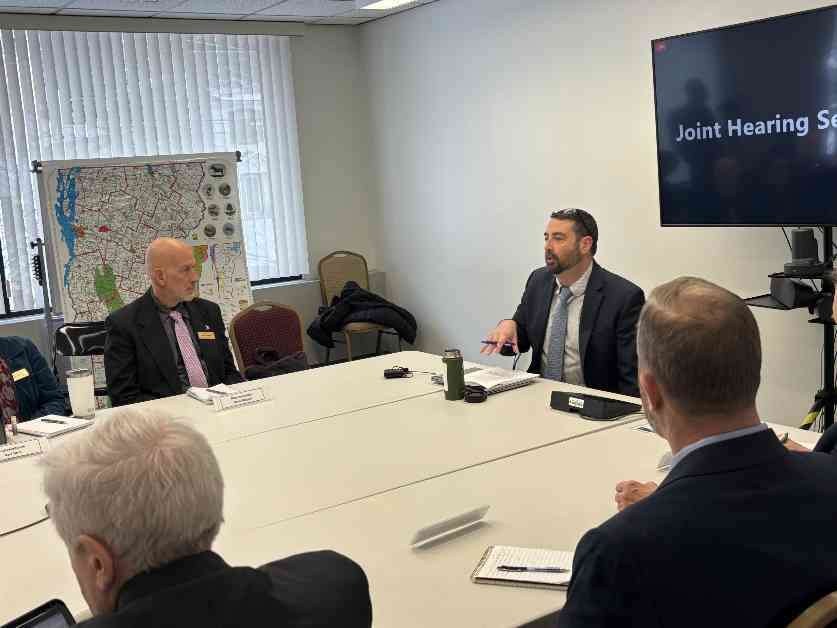**Clean Heat Standard in Vermont: Cost Analysis and Political Feasibility**
Ed McNamara, chair of Vermont’s Public Utility Commission, delivered a groundbreaking report to lawmakers on Thursday, January 16, shedding light on the potential costs associated with implementing the controversial clean heat standard in the state. Amidst heated debates surrounding the program’s financial implications for consumers, McNamara’s findings challenged previous estimates and recommendations.
**Debate and Political Landscape**
The proposed clean heat standard aims to reduce greenhouse gas emissions from heating and cooling buildings in Vermont, a crucial step towards meeting the state’s ambitious climate goals. However, political support for the program has dwindled following recent elections, with concerns about the financial burden it may place on Vermonters taking center stage.
In May 2023, lawmakers overrode Governor Phil Scott’s veto to establish a framework for the clean heat standard, setting the stage for a detailed analysis by the Public Utility Commission. Despite the commission’s findings suggesting lower cost impacts than anticipated, McNamara advised against moving forward with the program, citing concerns about its suitability for Vermont.
**Cost Estimates and Implementation Challenges**
The commission’s 247-page report, released late Wednesday evening, projected modest increases in fuel oil prices over the next decade, contradicting previous alarming figures. While the clean heat standard could potentially raise the cost of heating fuels by a few cents per gallon, the long-term benefits of transitioning to cleaner heating systems could result in savings for consumers.
However, the report also highlighted significant gaps in the analysis, particularly regarding individual costs associated with upgrading heating systems. McNamara emphasized the importance of a comprehensive assessment to provide lawmakers with a clear understanding of the total costs and benefits of the program.
**Equity Concerns and Expert Insights**
Testimonies from experts underscored the complex challenges associated with implementing the clean heat standard, particularly its impact on low-income households and marginalized communities. Mia Watson, a special programs manager, raised concerns about the financial burden of decarbonizing homes, especially for vulnerable populations living in older, repair-prone houses.
Rick Weston, chair of the clean heat standard Technical Advisory Group, emphasized the dual benefits of reducing emissions and costs, highlighting the need for innovative solutions to address Vermont’s heating-related emissions effectively.
**Moving Forward: Calls for Action and Reflection**
As Vermont navigates towards its 2030 climate goals, the debate over the clean heat standard reflects broader discussions about balancing environmental objectives with economic realities. With political support wavering and challenges looming, stakeholders urge policymakers to explore alternative solutions that prioritize affordability, efficiency, and environmental sustainability.
In conclusion, the clean heat standard debate presents a critical juncture for Vermont’s energy future, demanding thoughtful consideration and collaboration to address pressing climate challenges while ensuring equitable access to clean, affordable heating resources. As lawmakers grapple with the complexities of the program, the need for informed decision-making and proactive solutions remains paramount to secure a sustainable energy future for all Vermonters.










